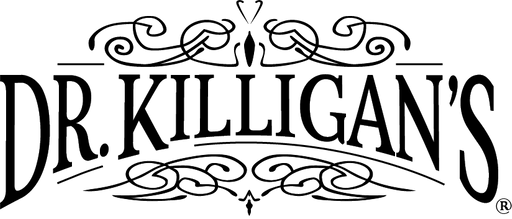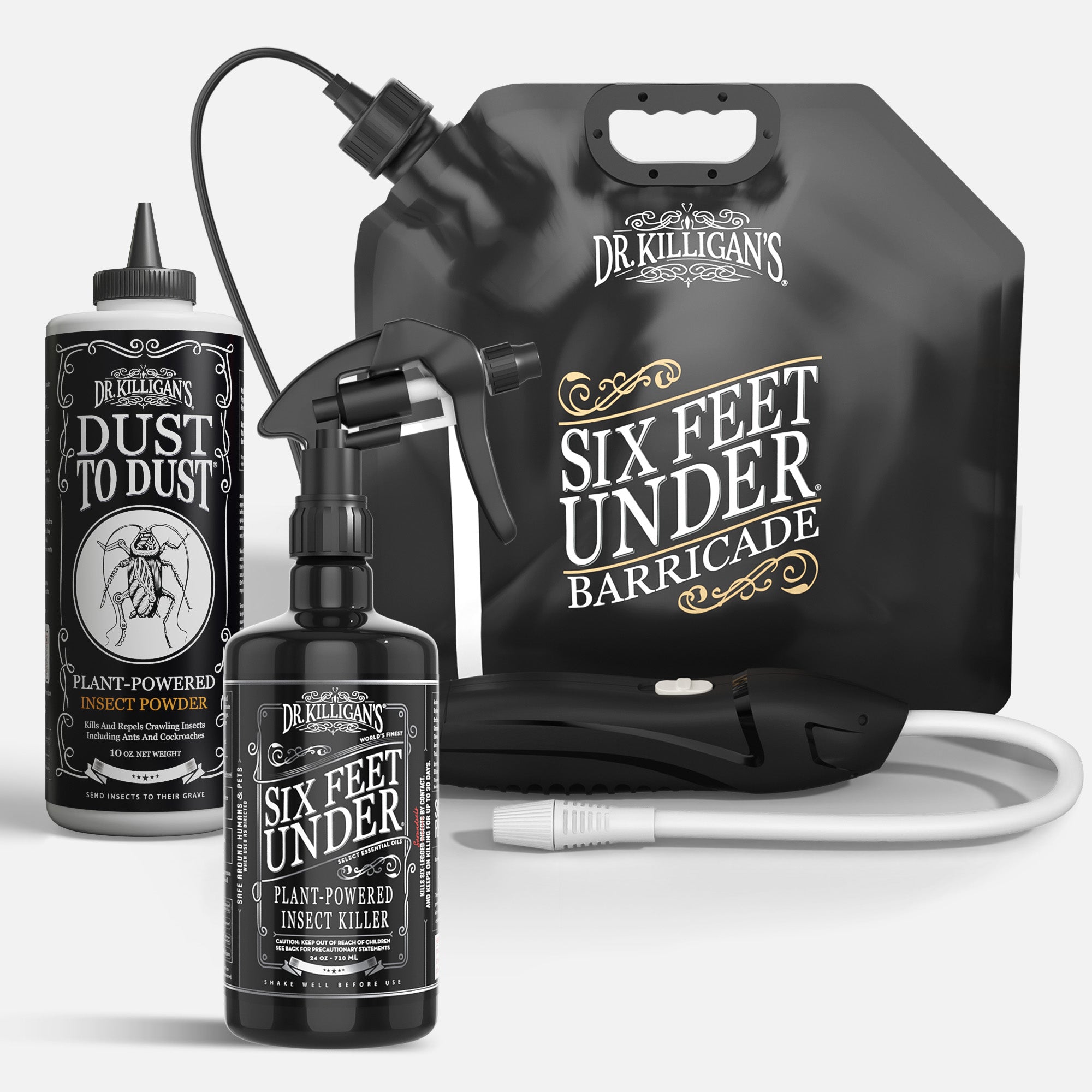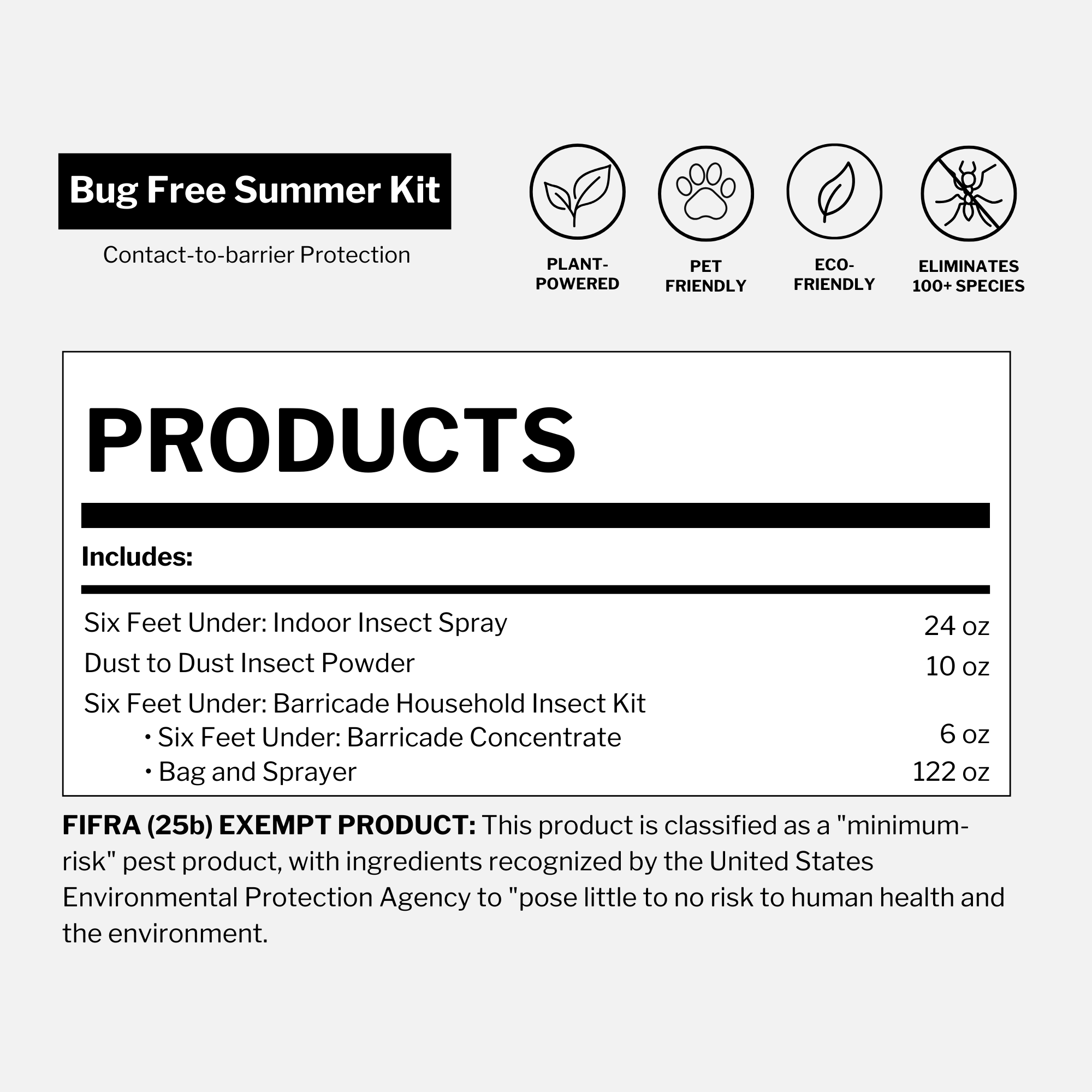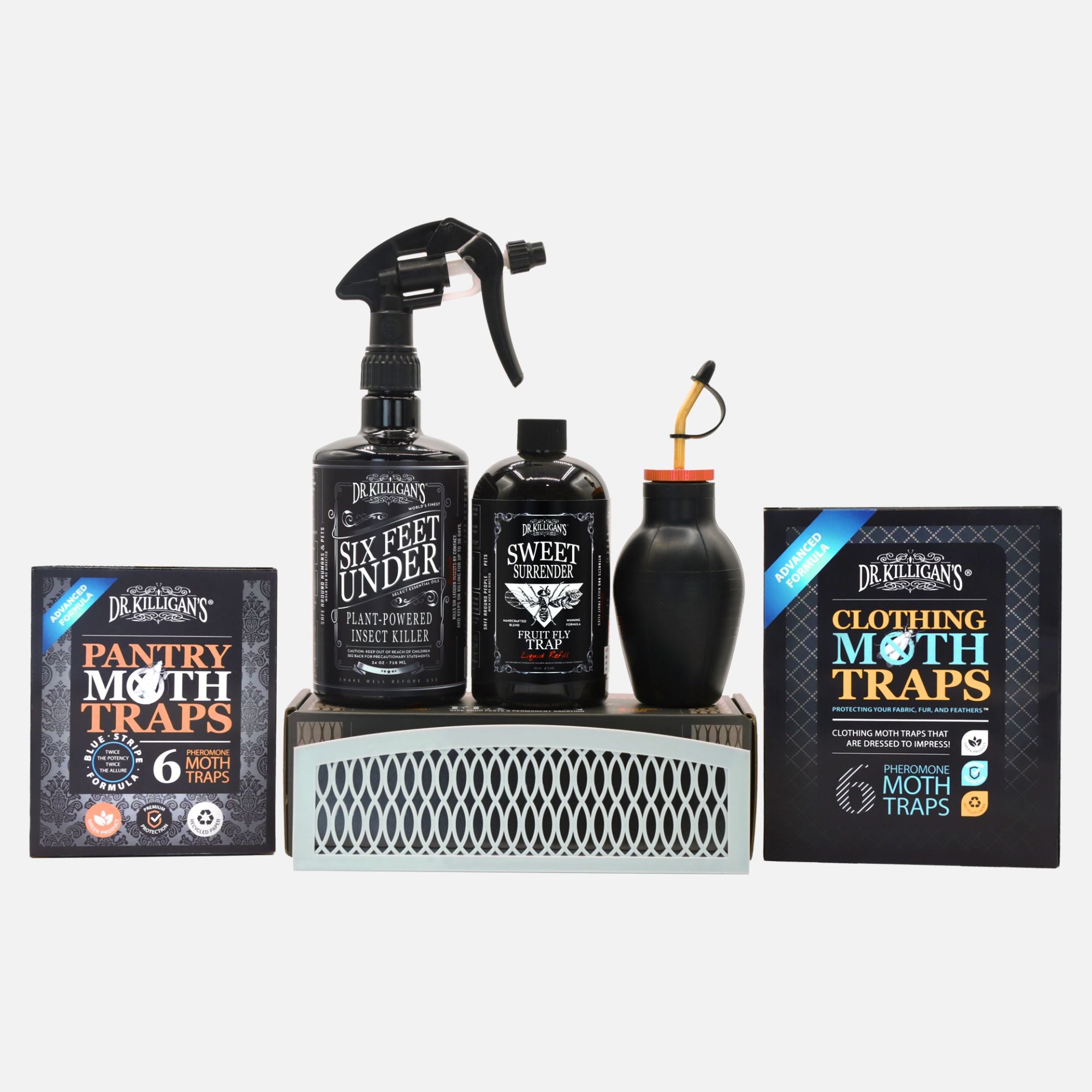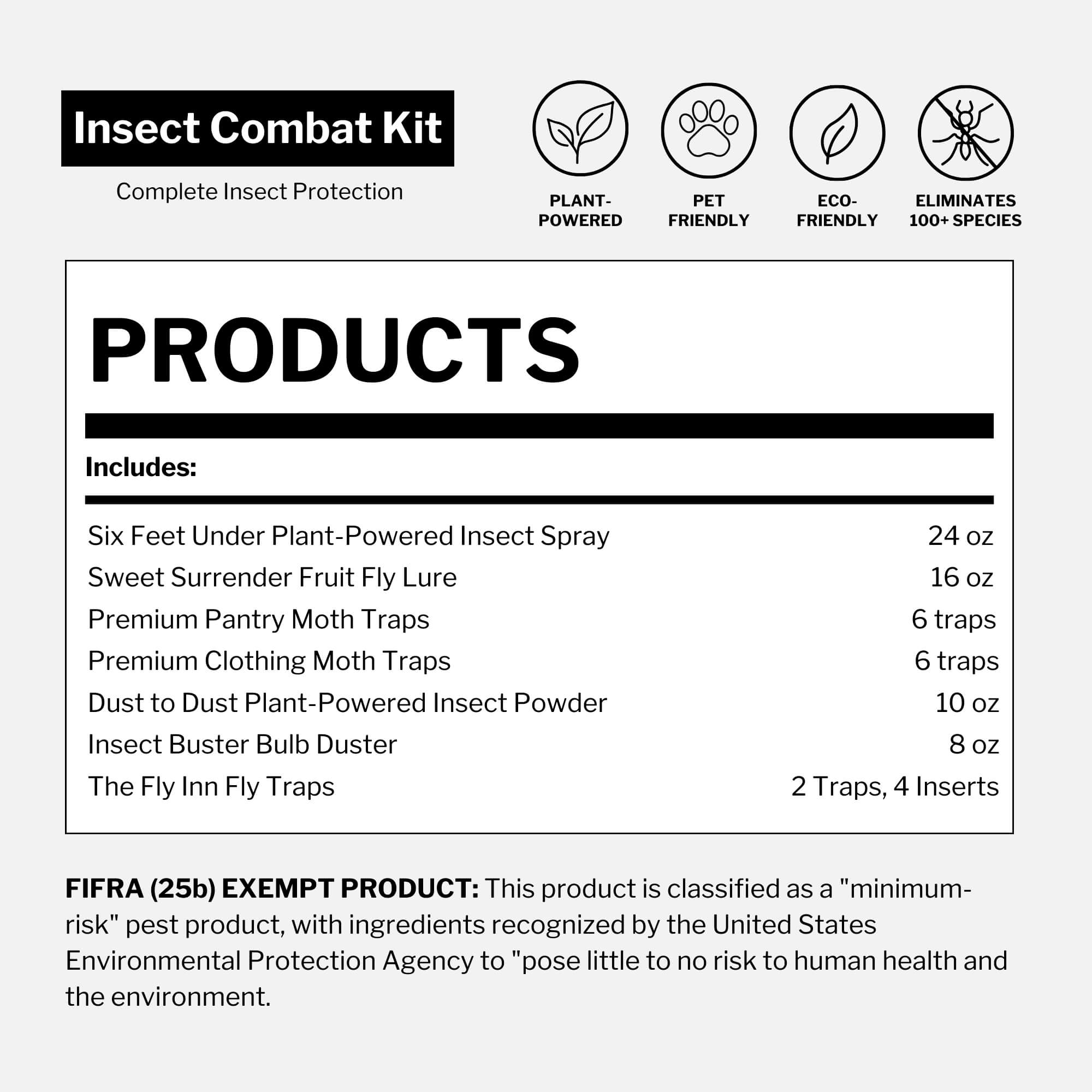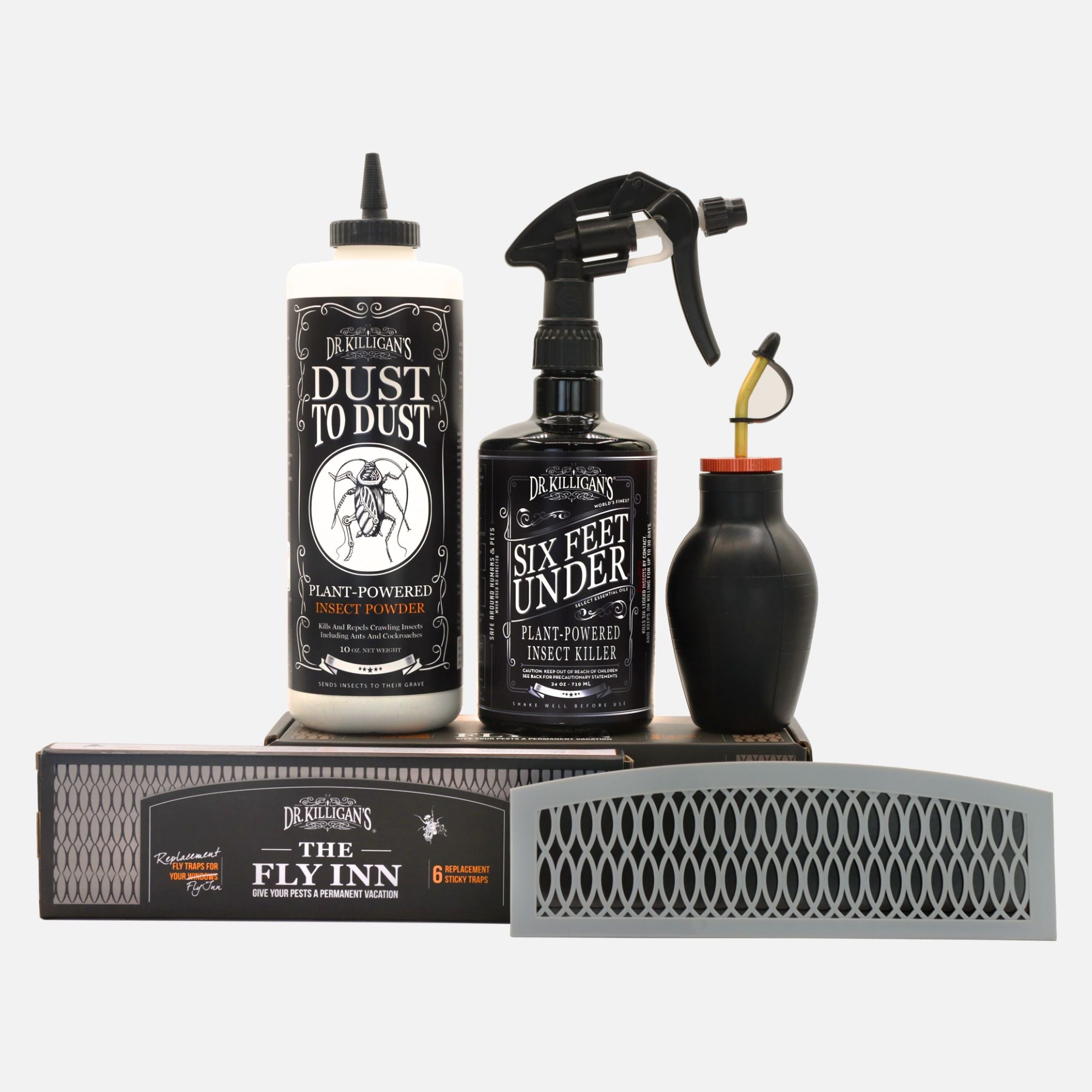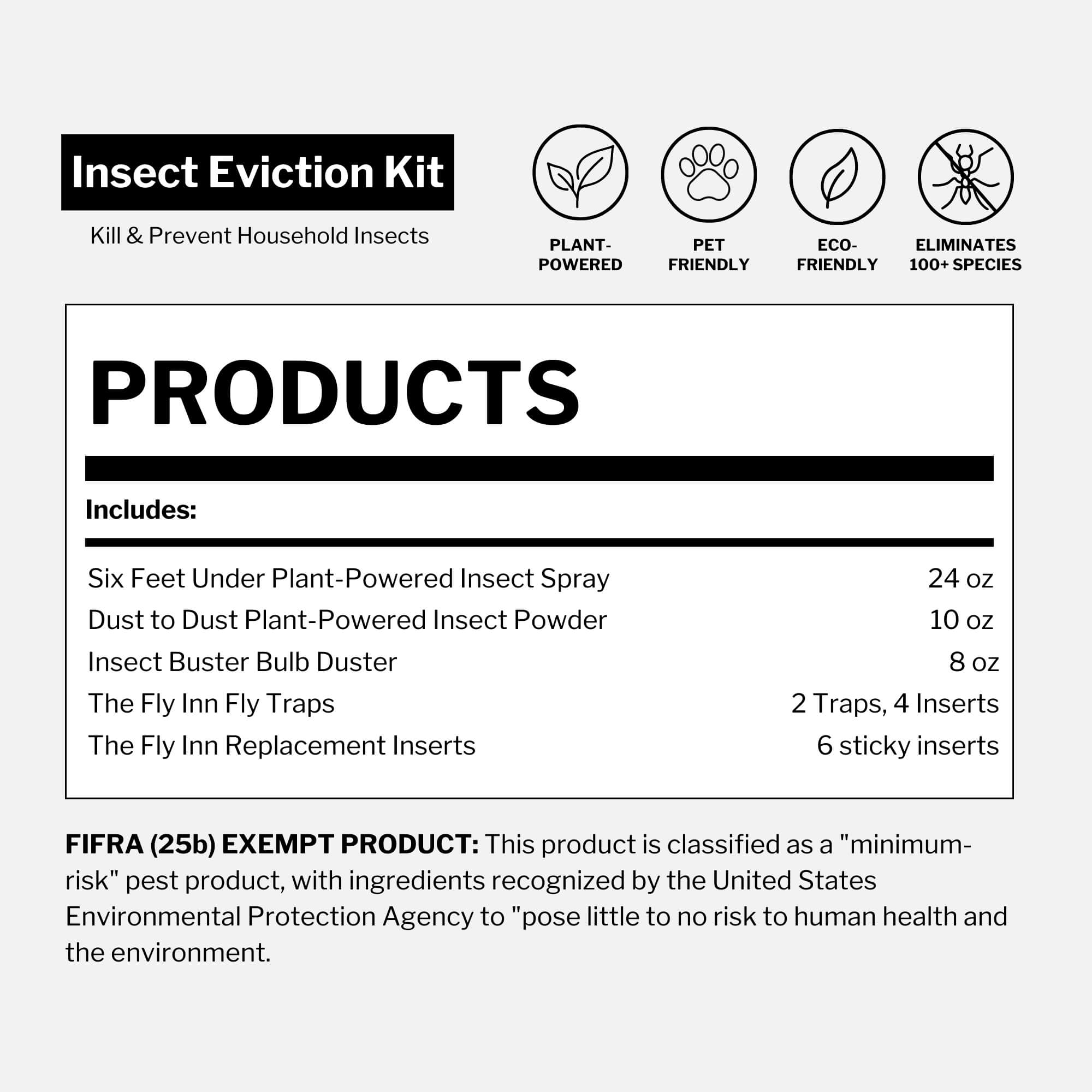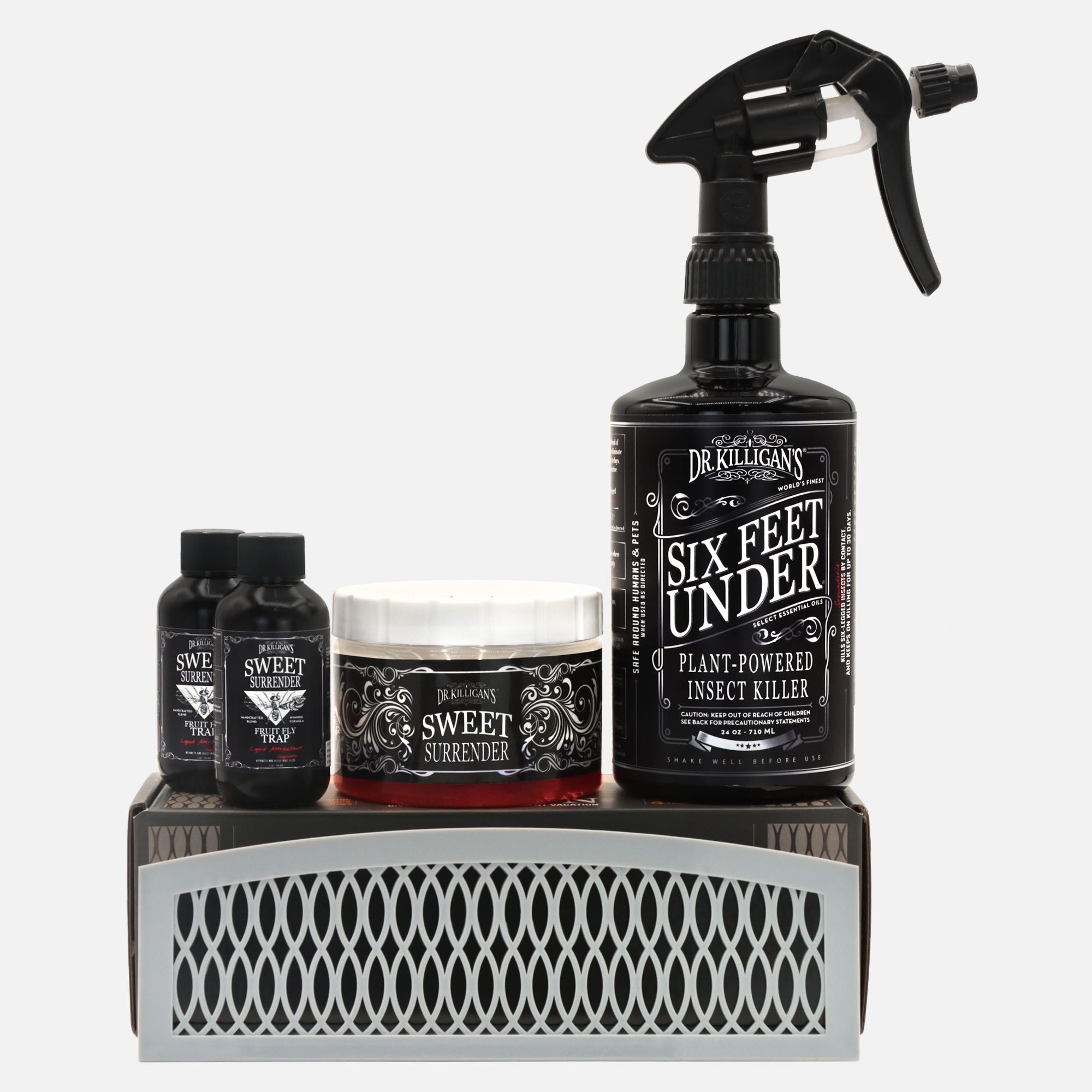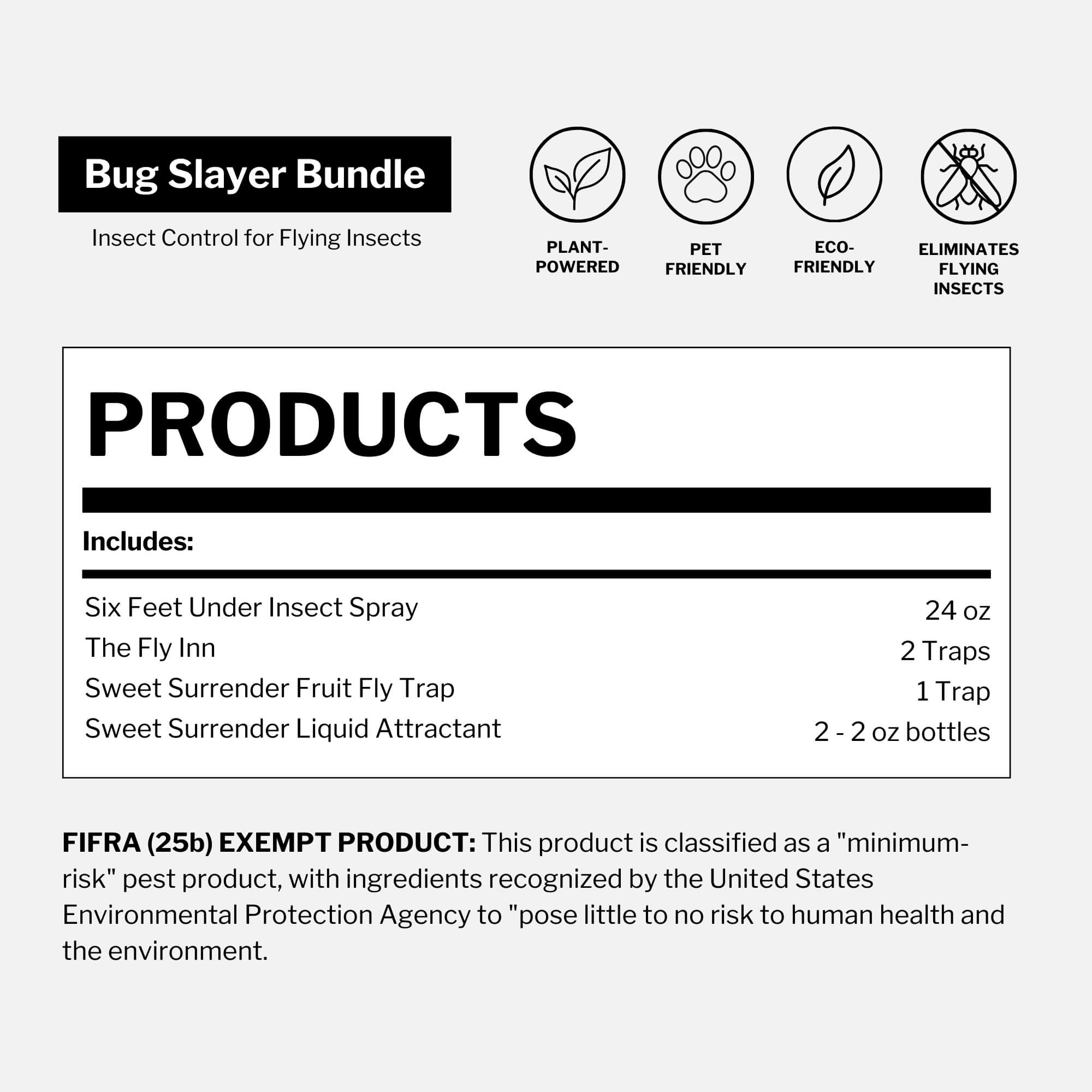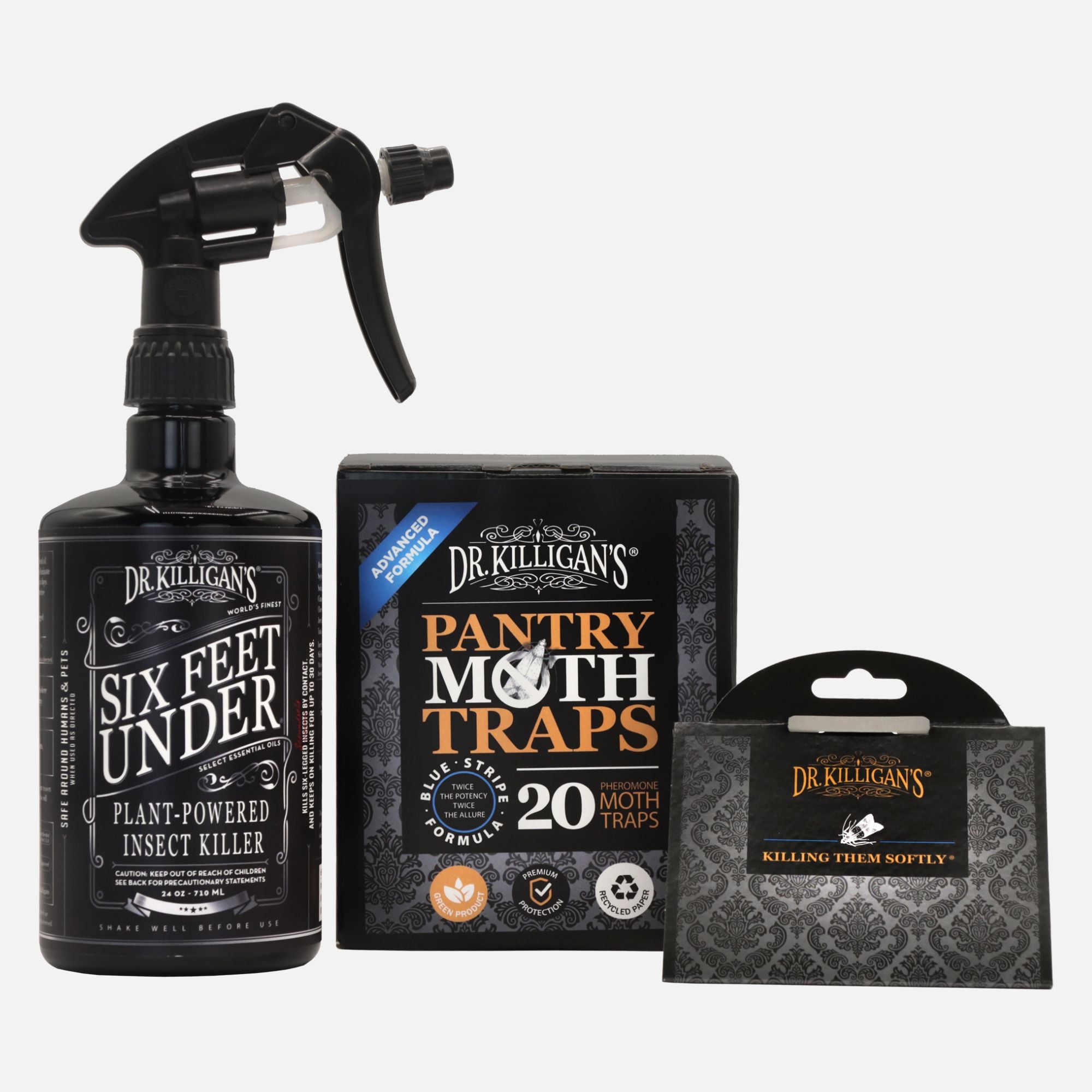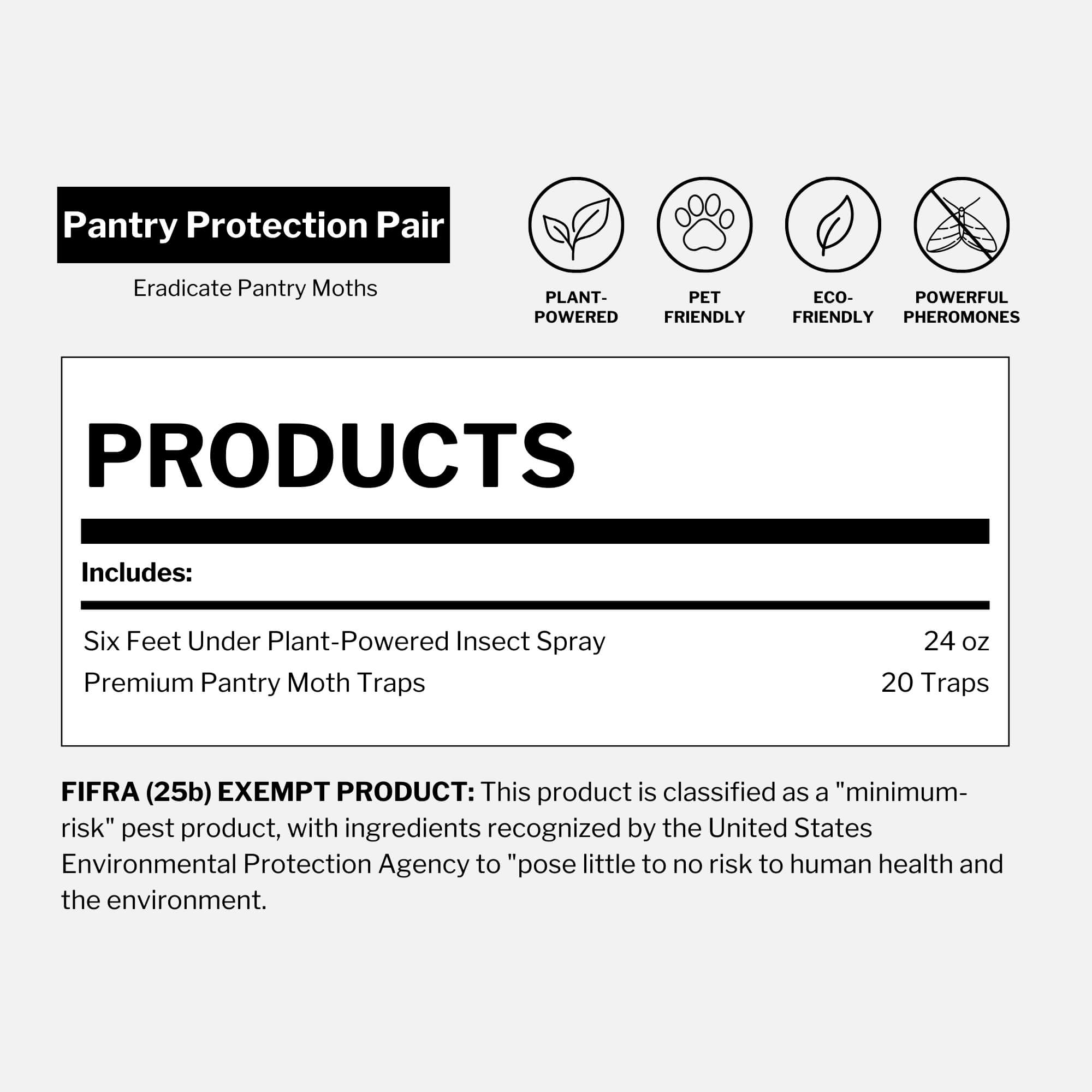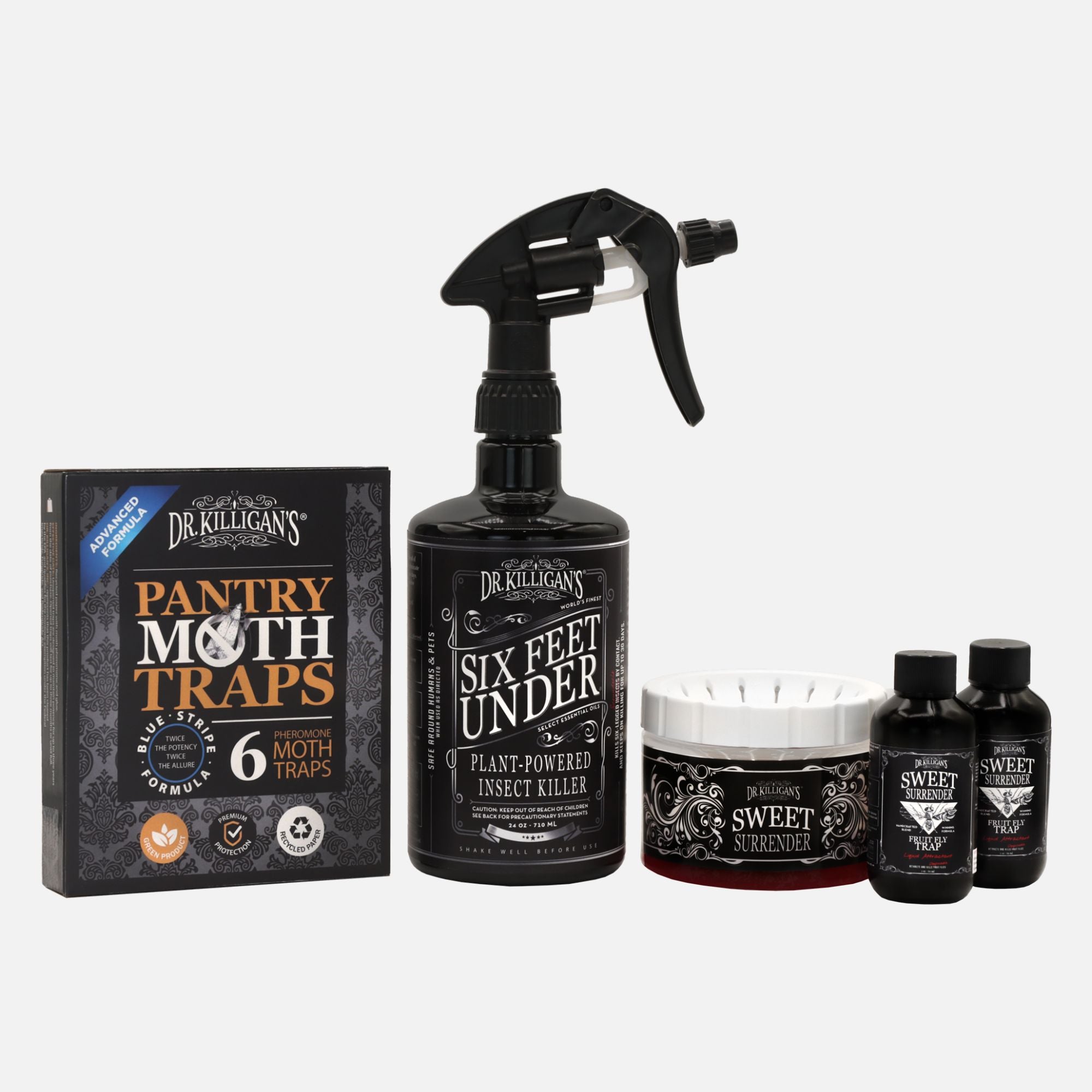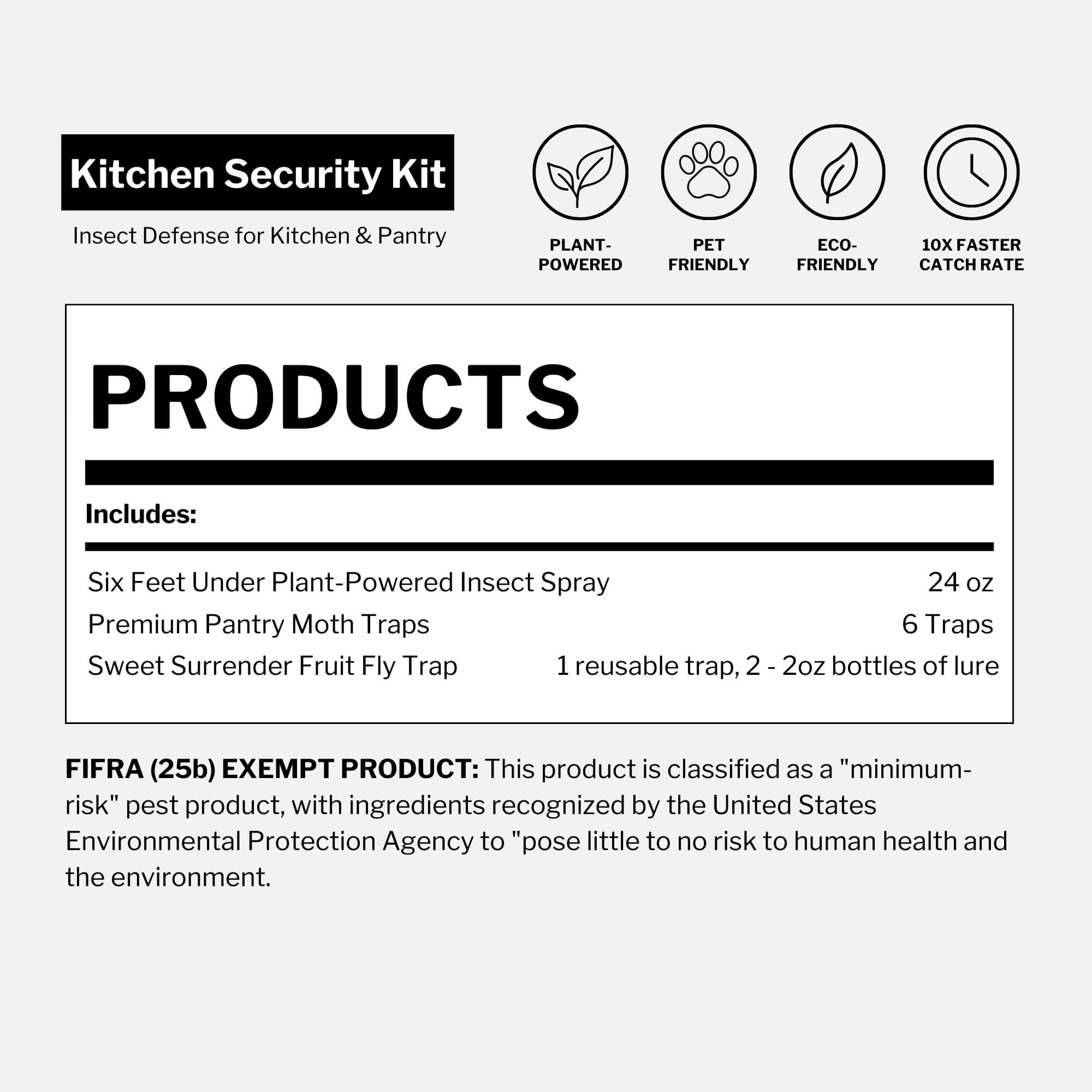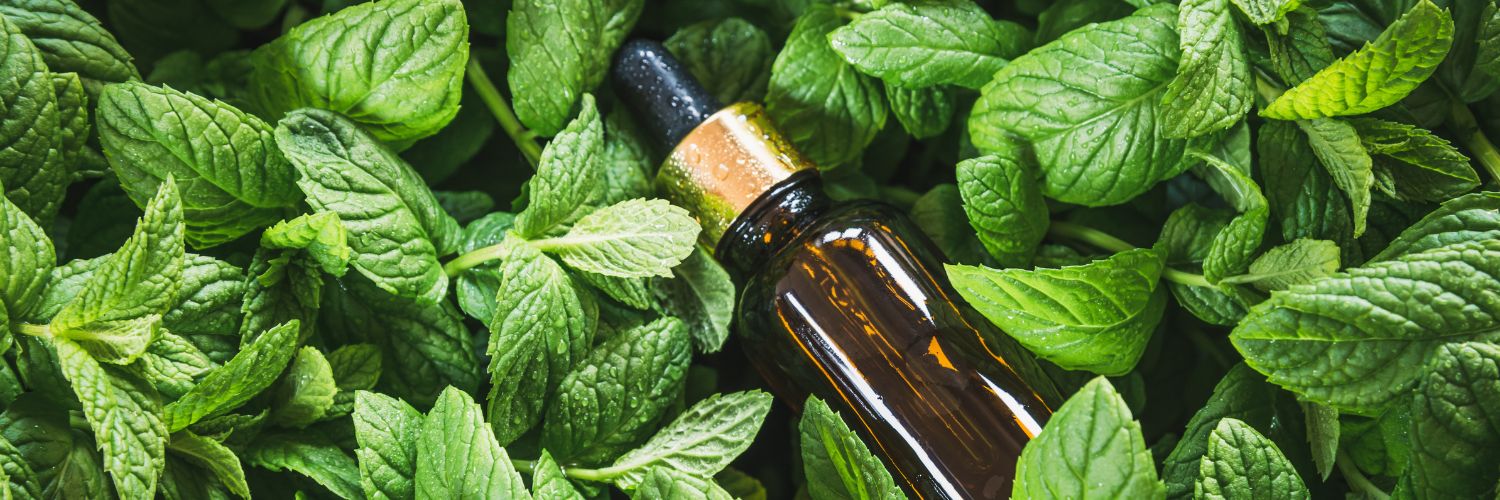What is permethrin?
Permethrin is a synthetic chemical compound classified as a pyrethroid insecticide. It works by disrupting the nervous system of insects, leading to their paralysis and death. It finds its application in various products, from insect repellents and insect control products to fabric treatments, providing control against the likes of mosquitoes, ticks, fleas and other bothersome pests.
Is permethrin safe? Is it toxic to humans?
Permethrin is not completely safe, possessing some level of toxicity to humans and other mammals. Permethrin, as noted above, primarily targets the nervous system of insects, disrupting their normal functioning and leading to their demise. However, this mode of action can also pose a potential risk to non-target organisms, (including humans).

Concerns and debates have arisen regarding its potential long-term toxicity risk. Recent studies have shed light on the potential health effects of pyrethroid exposure, raising questions about its impact on organ function.
In one study, published by Biomedcentral (BMC), the focus was on understanding its effect, through low-dose, long-term oral exposure, on the liver and kidney functions in rats, (as rats, when exposed to pyrethroid, exhibit similar toxicological symptoms and changes in tissue structure to humans). Its findings indicated that permethrin can have negative effects on the liver and kidneys when exposed to it for a prolonged period.
The EPA (Environmental Protection Agency) fact sheet for permethrin has classified permethrin as "Likely to be Carcinogenic to Humans" when taken orally. This classification is based on the observation of two types of non-cancerous tumors (lung and liver) in mice, inconclusive evidence of carcinogenicity in Long-Evans rats (a breed of laboratory rats) and supporting information from structural activity relationship studies.
Do you want to use permethrin as a bug killer?
This is a very personal question, as it depends on your comfortability with chemical compounds. As a non-toxic pest control solutions expert, I would strongly encourage you to stay clear of any product containing permethrin. At Dr. Killigan’s, we emphasize the use of natural ingredients and environmentally friendly approaches. Permethrin does not fit into this category.
What is a better alternative to permethrin?
 An effective, natural alternative to permethrin is the use of natural insecticides or repellents. These alternatives are derived from plant extracts, essential oils or other natural compounds. Some examples include cinnamon oil (in Six Feet Under), peppermint oil (in Dust to Dust), rosemary oil (in Dust to Dust), vinegar (in Sweet Surrender) and cedarwood oil (in Cedar Planks). These natural alternatives are safer and more environmentally friendly compared to synthetic insecticides like permethrin.
An effective, natural alternative to permethrin is the use of natural insecticides or repellents. These alternatives are derived from plant extracts, essential oils or other natural compounds. Some examples include cinnamon oil (in Six Feet Under), peppermint oil (in Dust to Dust), rosemary oil (in Dust to Dust), vinegar (in Sweet Surrender) and cedarwood oil (in Cedar Planks). These natural alternatives are safer and more environmentally friendly compared to synthetic insecticides like permethrin.
Explore our products that target the pests you're dealing with to find the best alternative to permethrin for your needs, knowing that Six Feet Under targets more than 50 insect species, including ants, cockroaches, moths, houseflies, silverfish, weevils, mites and aphids, whereas Dust to Dust eliminates more than 100 insect species including ticks, fleas, silverfish and earwigs. In addition, Sweet Surrender attracts and kills the common fruit fly and Cedar Planks repel the web-spinning moths and case-making moths.
